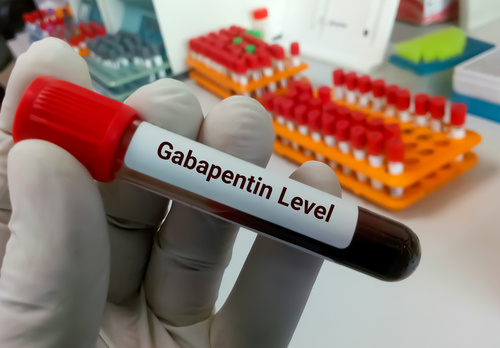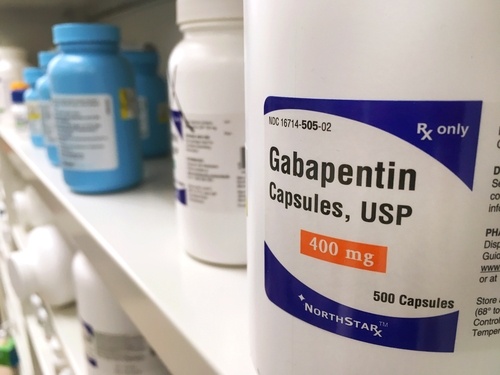Can I Stop Gabapentin One Week?
Gabapentin, also known by its brand name as Neurontin, is a prescription painkiller with anti-convulsive properties. Medical News Today explains that Gabapentin works “altering electrical activity in the brain and influencing the activity of chemicals called neurotransmitters, which send messages between nerve cells.” The FDA (U.S. Food and Drug Administration) approved gabapentin for the treatment of epileptic disorders and neuropathic pain. Medical professionals also prescribe gabapentin as an “off-label” treatment for restless leg syndrome, fibromyalgia, seizures, and/ or hot flashes. To date, medications containing gabapentin are not currently scheduled as controlled substances by the United States Drug Enforcement Administration (DEA). The chemical makeup of gabapentin is known to have fewer addictive qualities than opioid medications used to treat similar ailments. However, as is true with any medication, there are risk factors and potential side effects associated with taking gabapentin which exponentially increase when the substance is abused.
Detox Process & Withdrawal Symptoms
The length of time it will take an individual to successfully detox from gabapentin is variable. There are different factors that will contribute to whether an individual will be able to fully stop gabapentin in one week. The dosage used, the method of ingestion, the personal health history of the individual, whether the person simultaneously used other substances, the presence of any comorbidities, and the frequency of use will all contribute to the type and severity of withdrawal symptoms and length of time it will take to detox from gabapentin successfully and safely. Every person is different and will experience a unique combination of withdrawal symptoms with varying levels of severity when it comes to detoxing from gabapentin. Healthline provides a list of common withdrawal symptoms some of which include, but are not limited to the following examples:
- Insomnia
- Fatigue
- Anxiety
- Agitation
- Headache
- Excessive sweating
- Sensitivity to light
- Dizziness
- Rapid heart rate
- Nausea
- Pain
- Confusion
Stopping gabapentin abruptly can lead to severe withdrawal symptoms and dangerous side effects. Rather, individuals are typically advised to taper off gabapentin. Tapering off a medication is when the prescribing medical professional slowly decreases the dosage of the medication that an individual is taking over time. Tapering off gabapentin will allow one’s body to slowly acclimate to the reduced amount of medication present in his or her system and can lessen some of the discomforts of the detox process. Although the prospect of stopping gabapentin quickly may seem like the most convenient option, it is best to err on the side of caution and take as much time as is needed to safely taper off this substance.
For Information and Support
Substance abuse and addiction can be incredibly dangerous and can result in severe short and long-term consequences. If you or someone you know is suffering from substance abuse or addiction, please get help as soon as possible. The earlier you seek support, the sooner you and your loved ones can return to leading happy, healthy, and fulfilling lives. There is no reason to go through this alone, and we are here to help. Please feel free to reach out to us for further information or with any questions regarding substance abuse or addiction. We are available anytime via telephone at: 213-389-9964, or you can always email us at: info@friendlyhousela.org.



